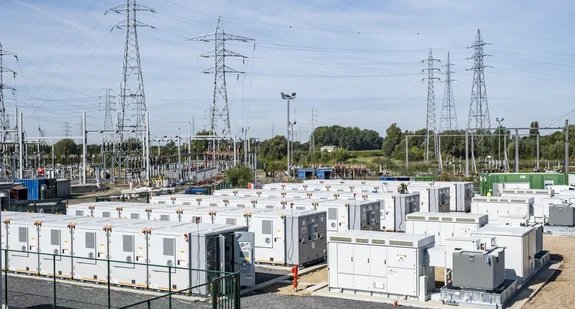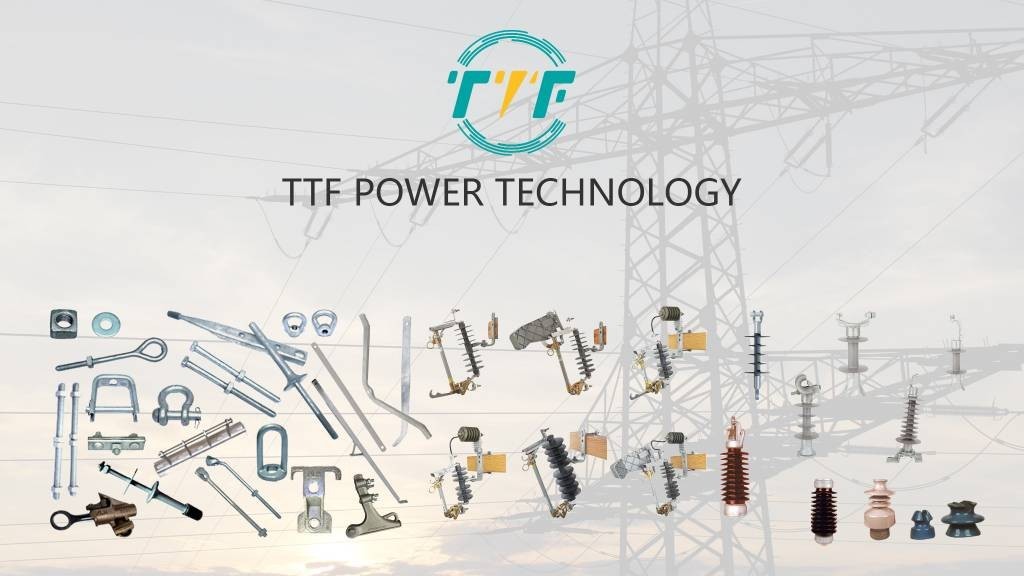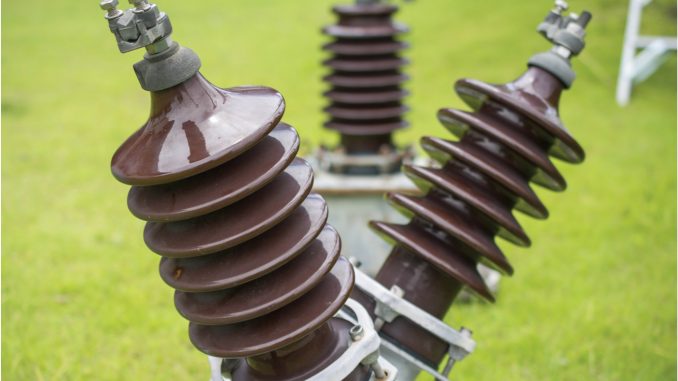
Energy storage technologies, with the rise of lithium-ion batteries, are driving market expansion. This is also attributed to their high energy density and extended cycle life. Flow batteries and lead-acid batteries are also promoting the usage of renewable energy. Grid power failures and the need for backup power are also contributing to market expansion in South America. Battery energy storage solutions place the region at the forefront of the global transition to sustainability. Batteries for energy storage systems make it possible to integrate renewables efficiently, modernize grids, and respond to dynamic energy market changes. Battery energy storage devices store excess energy during peak generation and release it when output decreases. AI facilitates energy trading by finding the best times to charge and discharge batteries. AI monitors battery health, predicting and addressing issues and reducing operational costs. Transmission insulators prevent electrical current from flowing to the ground and prevent short circuits.
Transmission insulators safeguard persons working on battery energy storage systems from electric shocks. To function properly and continuously, battery energy storage devices need reliable electrical separation. Transmission insulators improve the reliability and efficiency of energy storage systems. Insulators can survive environmental difficulties while maintaining their insulating qualities during their service life. To resist seismic shocks without damage or failure, the insulators must be robustly designed. The most often used insulators are constructed of porcelain, glass, or polymer. They contribute to the safe, efficient, and dependable operation of battery energy storage systems.
AI and renewable energy in battery energy storage devices in South America.
The shift to sustainable energy relies on the collaboration of artificial intelligence and renewable energy. It also requires the incorporation of battery energy storage technologies to speed up the transition. These technologies contribute to a more resilient, efficient, and sustainable energy ecology. The technologies also enable the region to meet a sustainable energy future, improve energy availability, and help with decarbonization initiatives. AI and renewable energy play important roles in battery energy storage systems, as discussed below. At TTF Power, we are a one-stop-shop for utility pole hardware fittings, transmission line accessories and power line construction equipment. We provide our customers with the most extensive range of products in the industry, excellent value and knowledgeable service. Our products include construction and switching products, tools, insulators, arresters, pole line hardware, and cable accessories.

- Optimization of energy storage and use—AI analyzes real-time data to predict energy consumption patterns. It enables dynamic pricing models, allowing storage systems to store energy during low-demand periods.
- Improved battery performance—AI monitors battery health and identifies potential issues like overheating. Machine learning models optimize battery usage to extend operational lifespan.
- Integration with smart grids—AI helps stabilize the grid by responding to frequency and voltage fluctuations. It also manages microgrids and distributed energy storage systems to allow for localized energy solutions.
- Renewable energy adoption—BESS enhance renewable energy projects by ensuring their compatibility with existing grids. Collaboration between renewable energy and BESS can help reduce the reliance on fossil fuels.
- Off-grid communities support the development of microgrids powered by renewable energy. This helps bring electricity closer to consumers.
- Enhanced system efficiency—AI-driven insights maximize the efficiency of energy storage systems powered by renewables. AI optimizes the deployment and use of renewable energy to speed up the shift towards clean energy solutions.
The significance of transmission insulators in battery energy storage systems.
Transmission insulators are critical components of energy infrastructure that allow the safe and efficient operation of battery energy storage systems. They promote electrical stability, safety, and efficiency, allowing grid upgrading. The following highlights the significance of transmission insulators in battery energy storage systems.

- Electrical safety—transmission insulators prevent leakage from high-voltage lines connecting BESS to the grid. They maintain proper insulation between conductors and grounding elements and protect them from short circuits.
- Supporting grid stability—insulators ensure stable transmission of electricity from the storage systems to the grid. This helps maintain the needed voltage levels and prevent fluctuations. High-quality insulators reduce energy loss during transmission and improve system efficiency and cost-effectiveness.
- Enhancing system durability—transmission insulators protect systems from moisture, heat, pollution, and wind. Proper insulation reduces wear and tear on transmission lines and connected BESS.
- Renewable energy integration—transmission insulators support the integration of decentralized storage systems into national grids.
- Technological advancements—advanced insulators are compatible with smart grid technologies that enable real-time monitoring. The insulators from eco-friendly materials align with South America’s focus on sustainable energy infrastructure.
- Reducing energy costs—reliable insulators reduce the frequency of maintenance and repair needs. The insulators also ensure the efficient delivery of stored energy from BESS to consumers.
